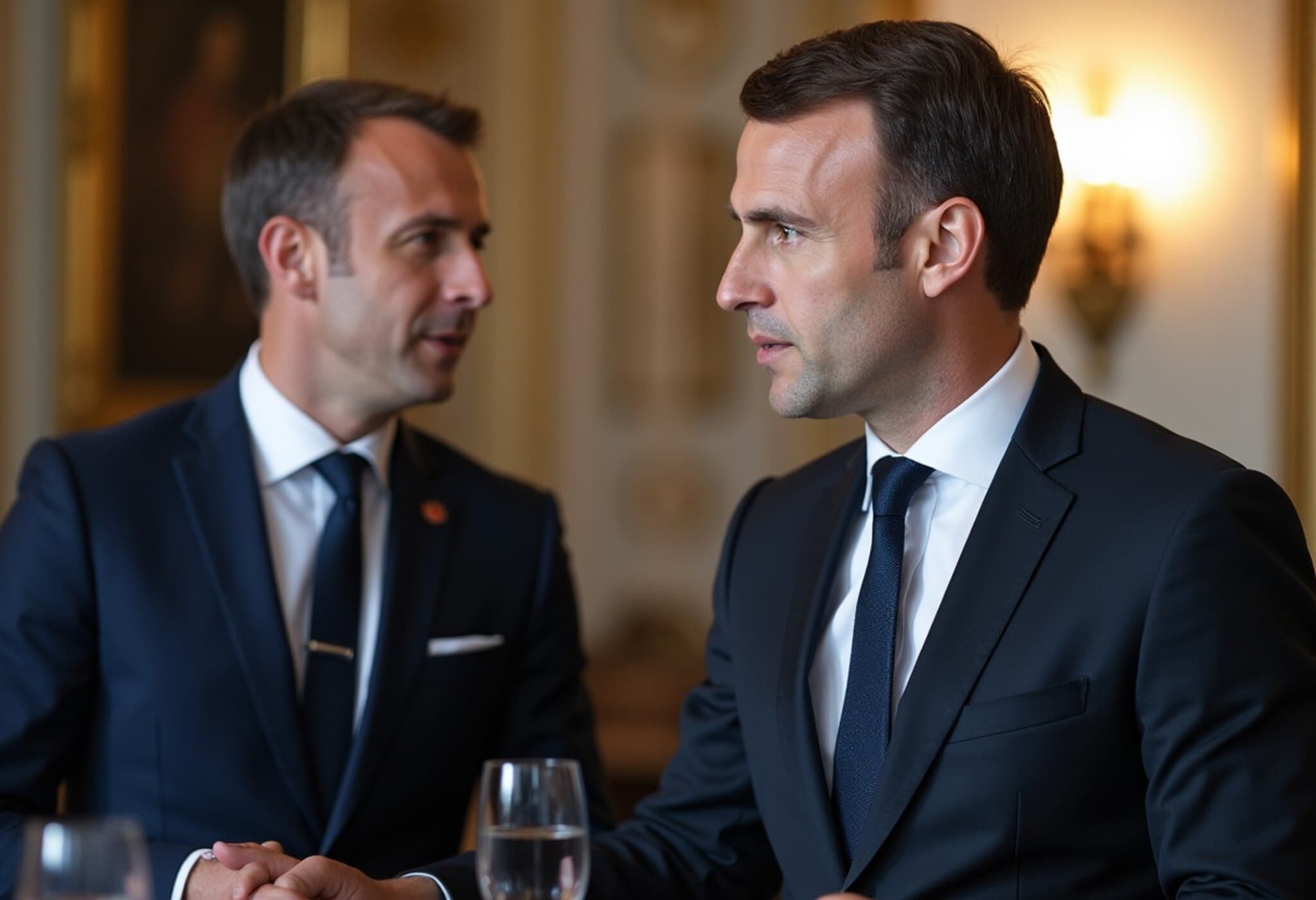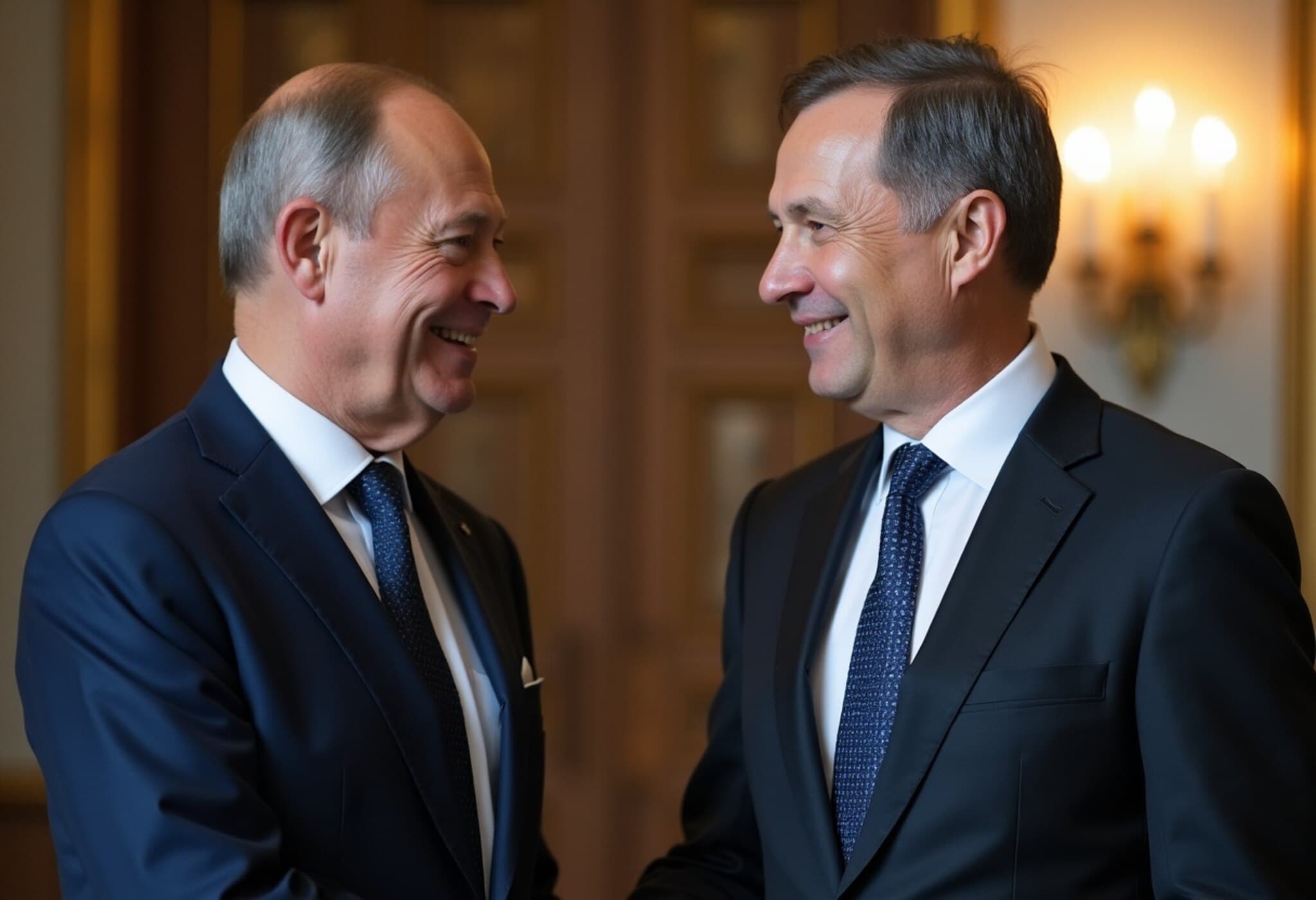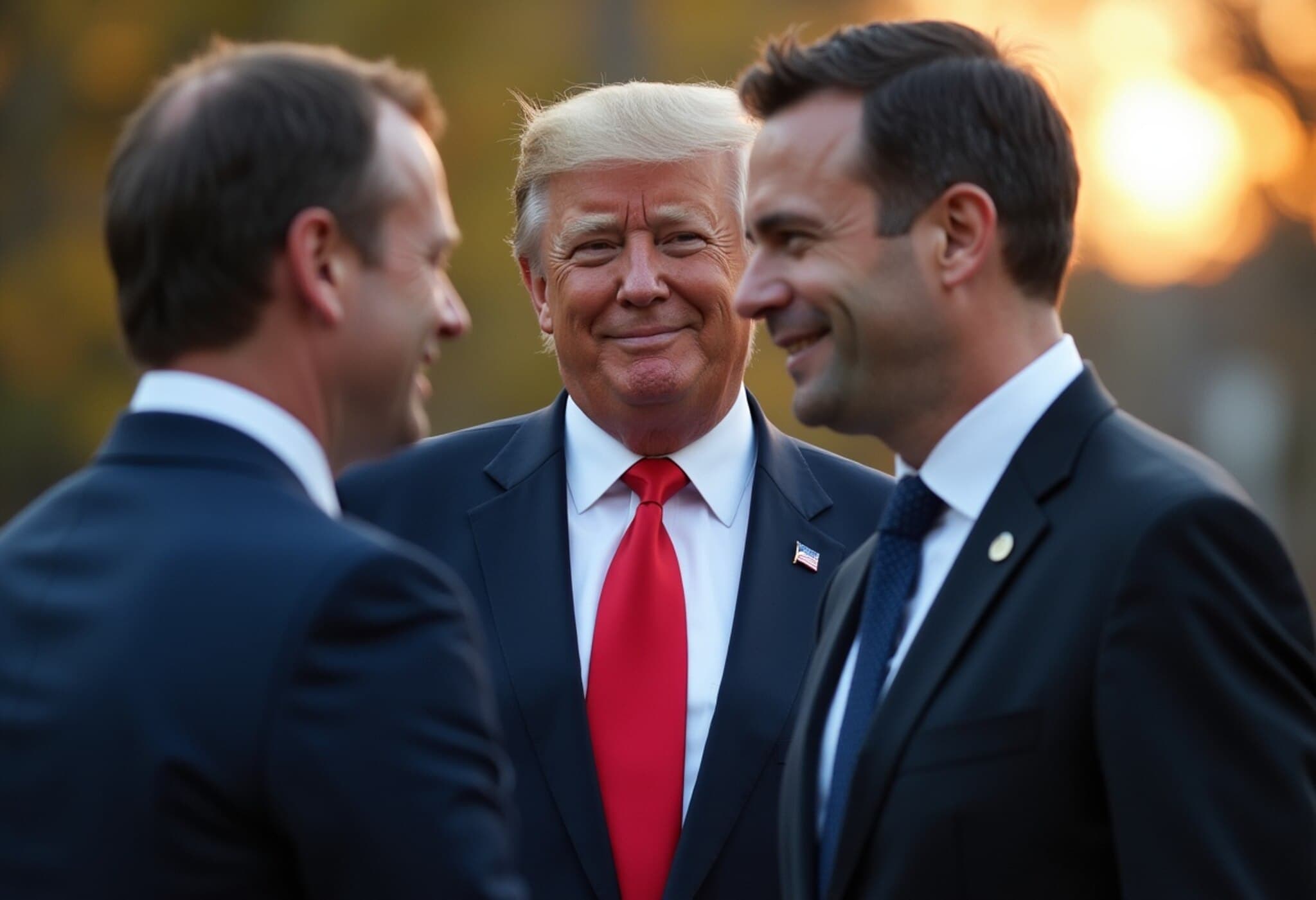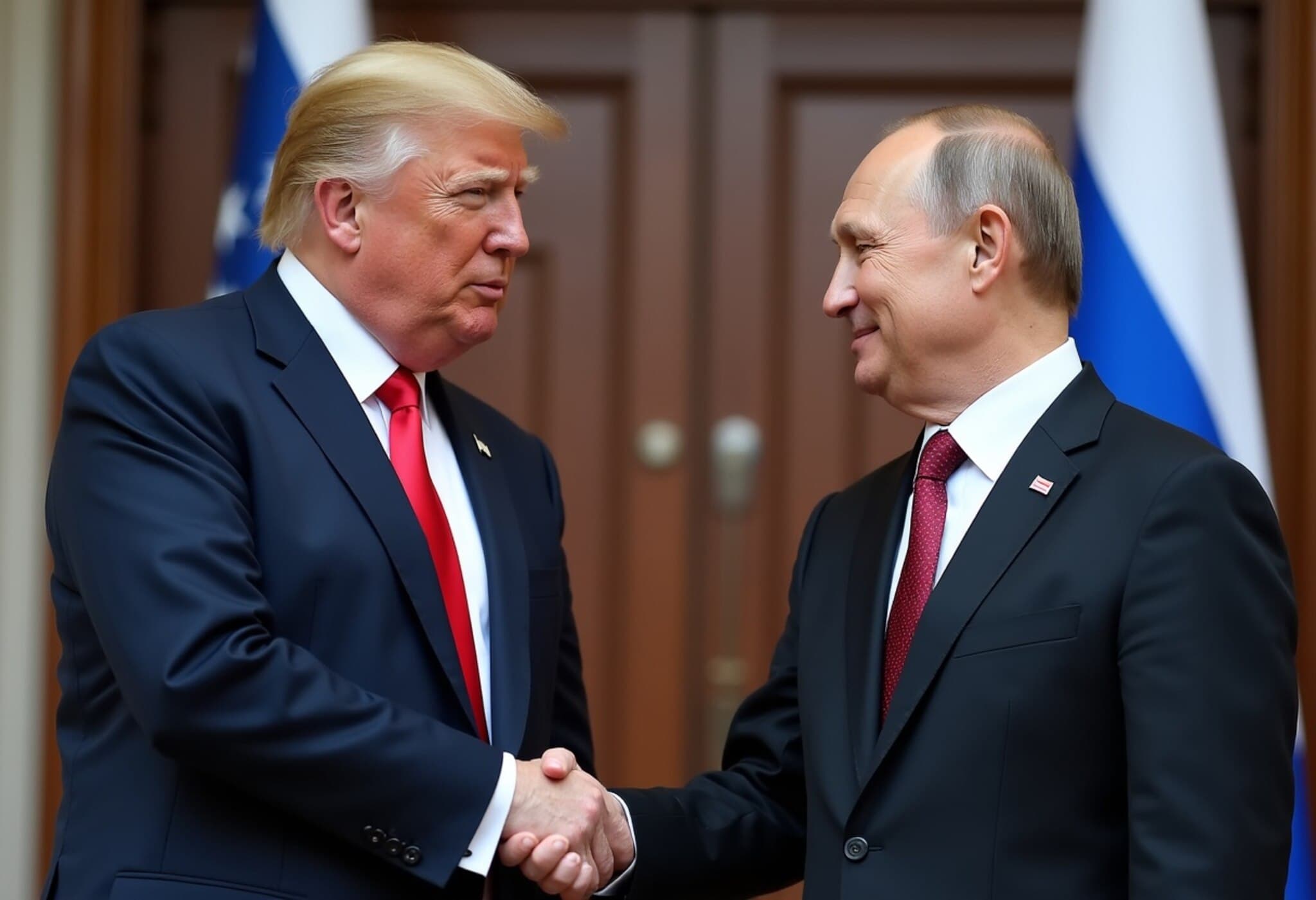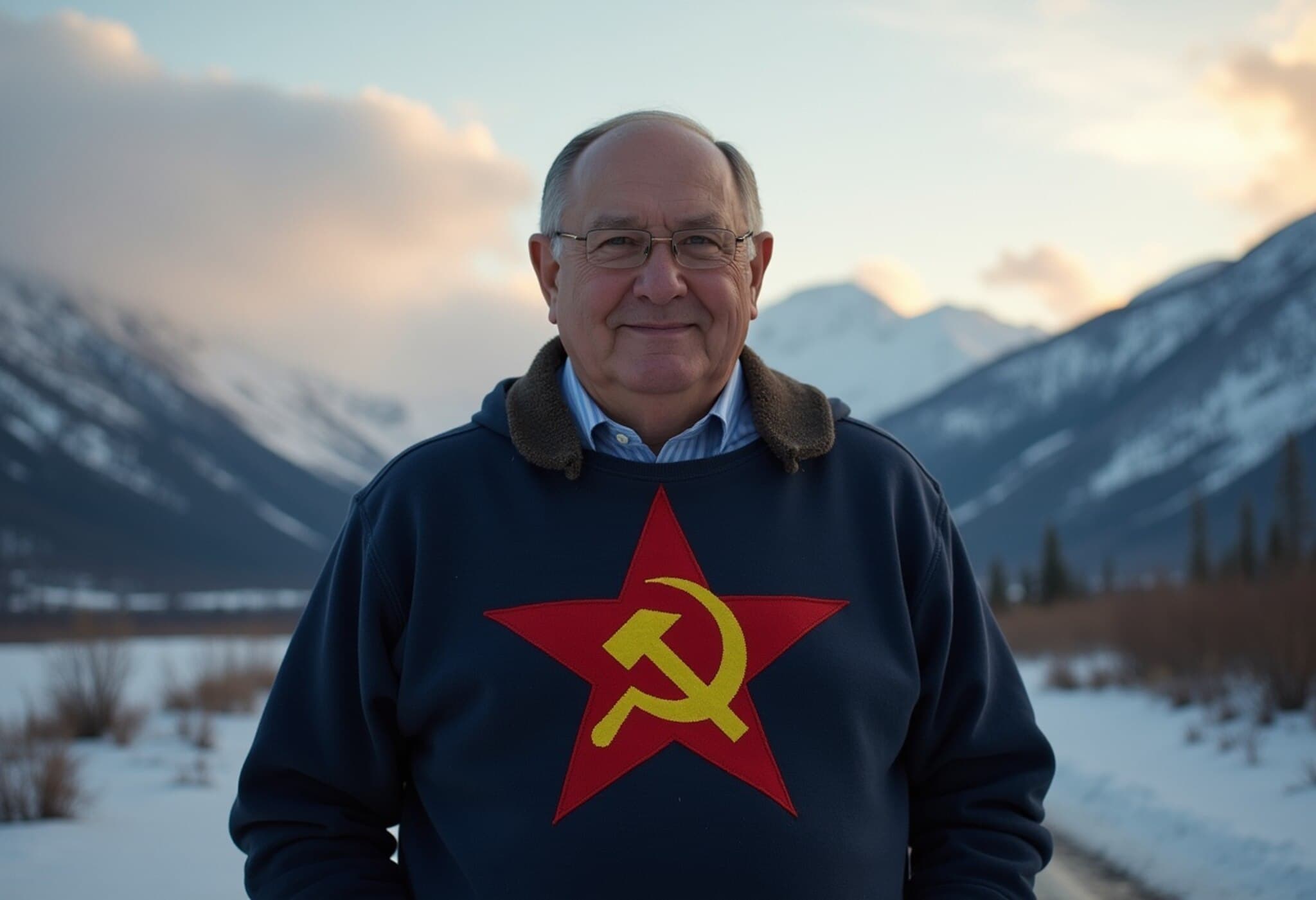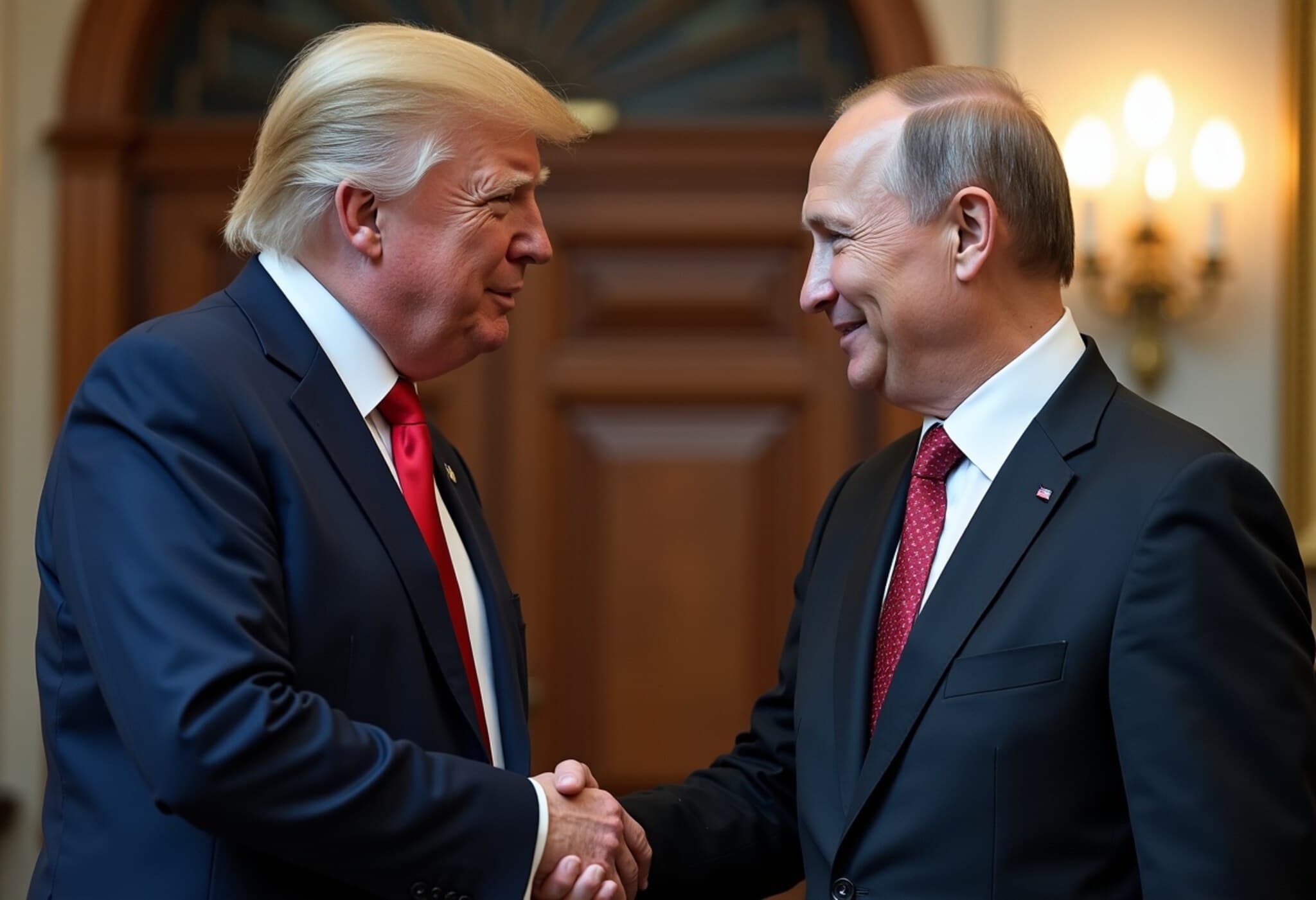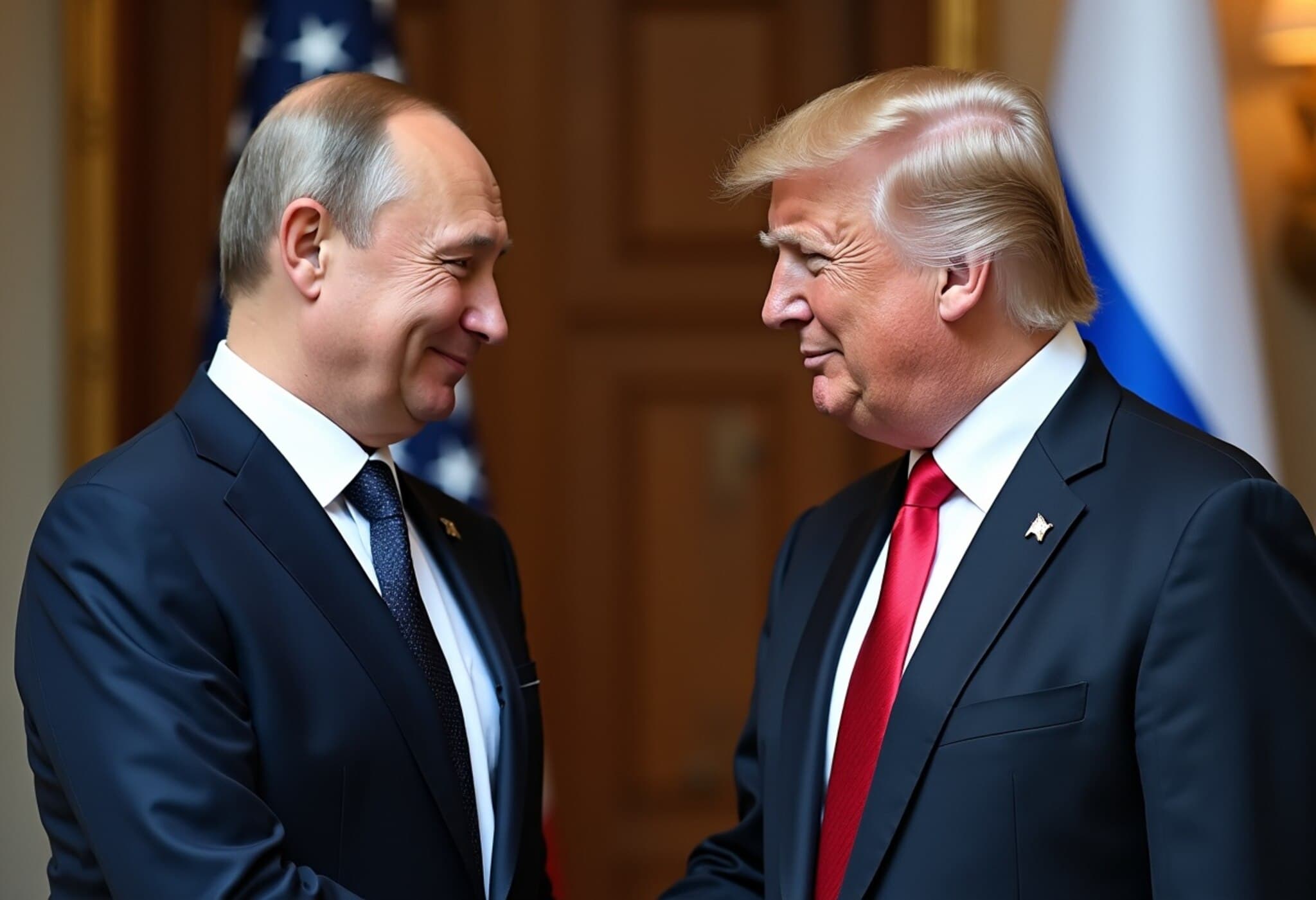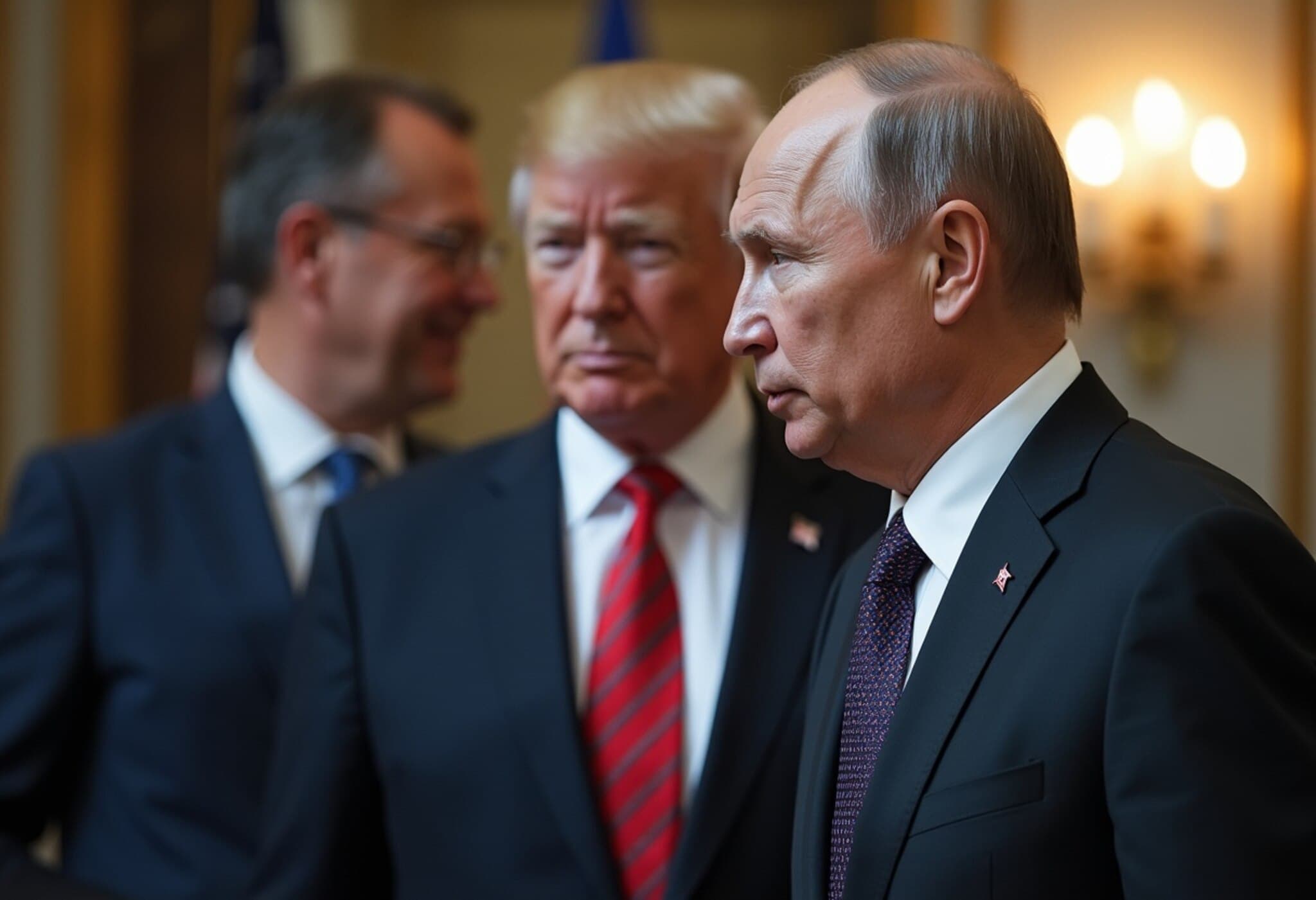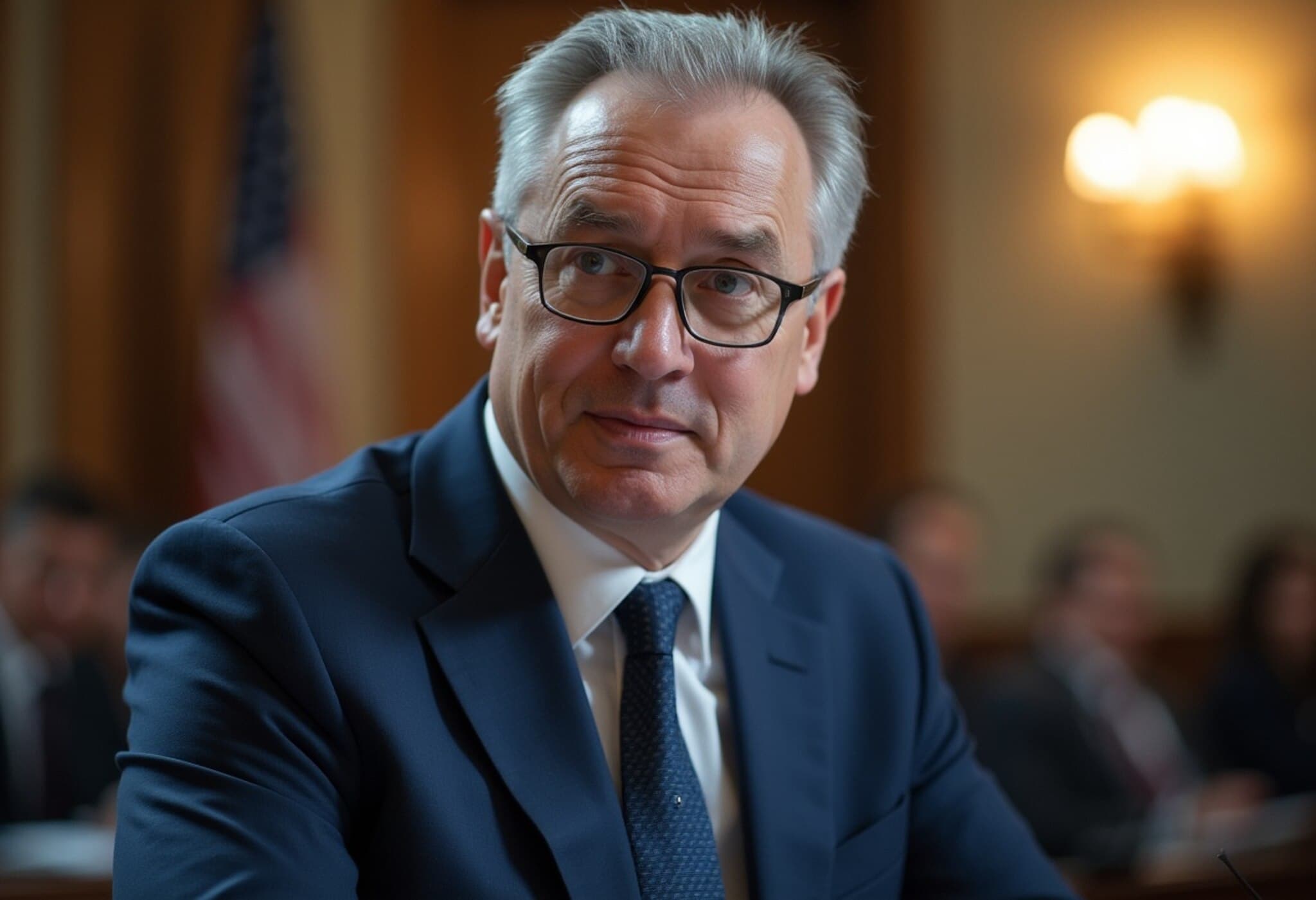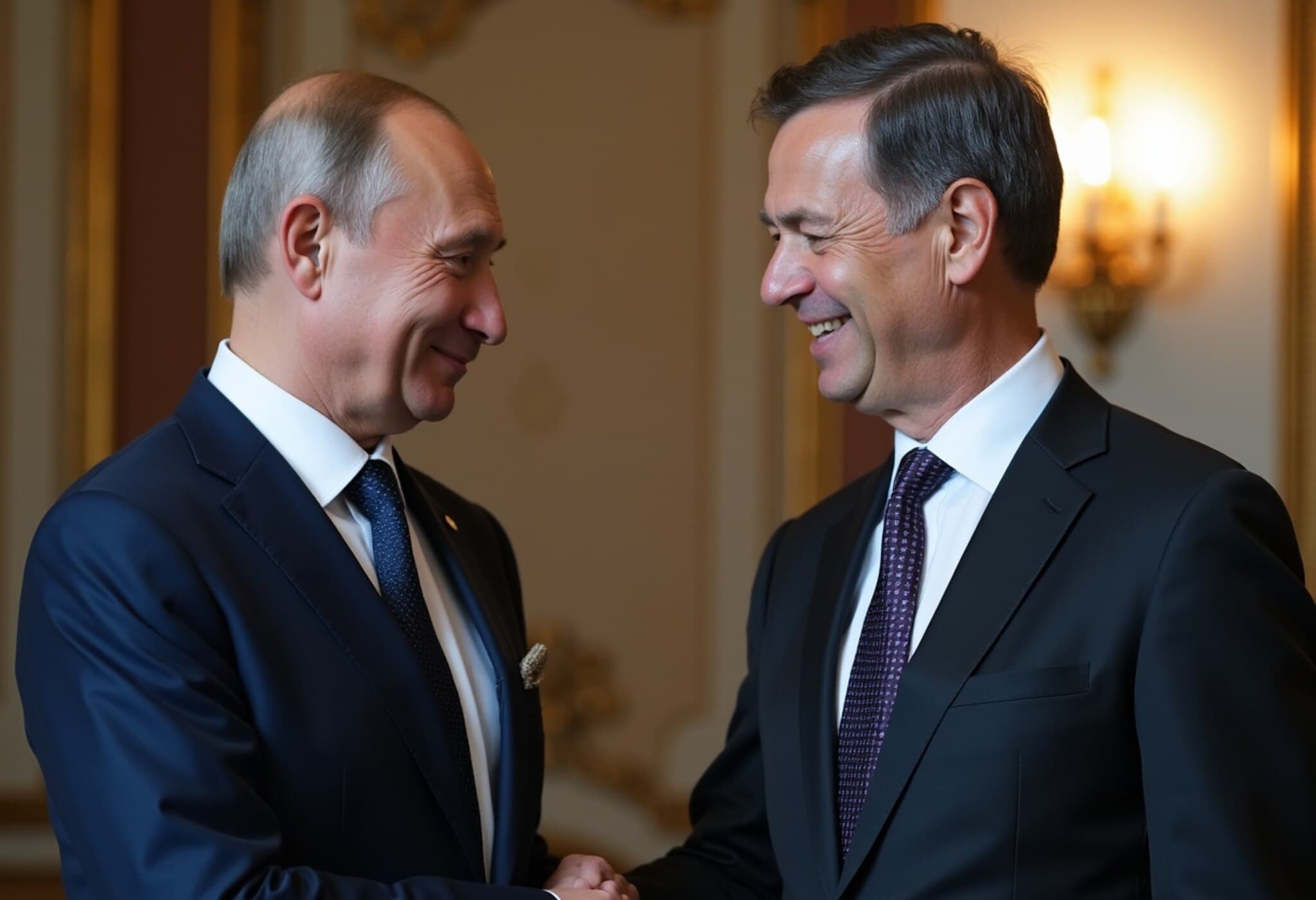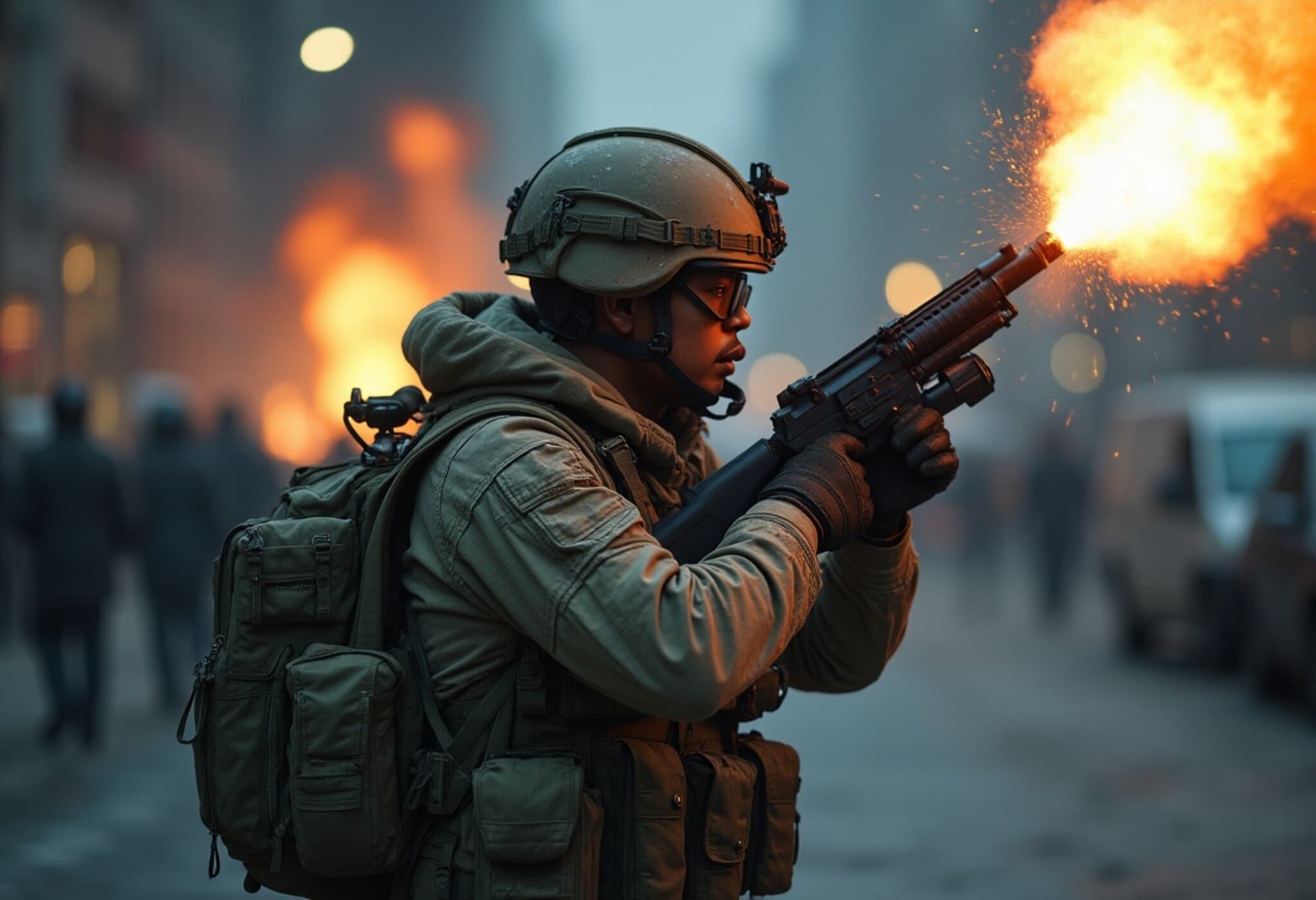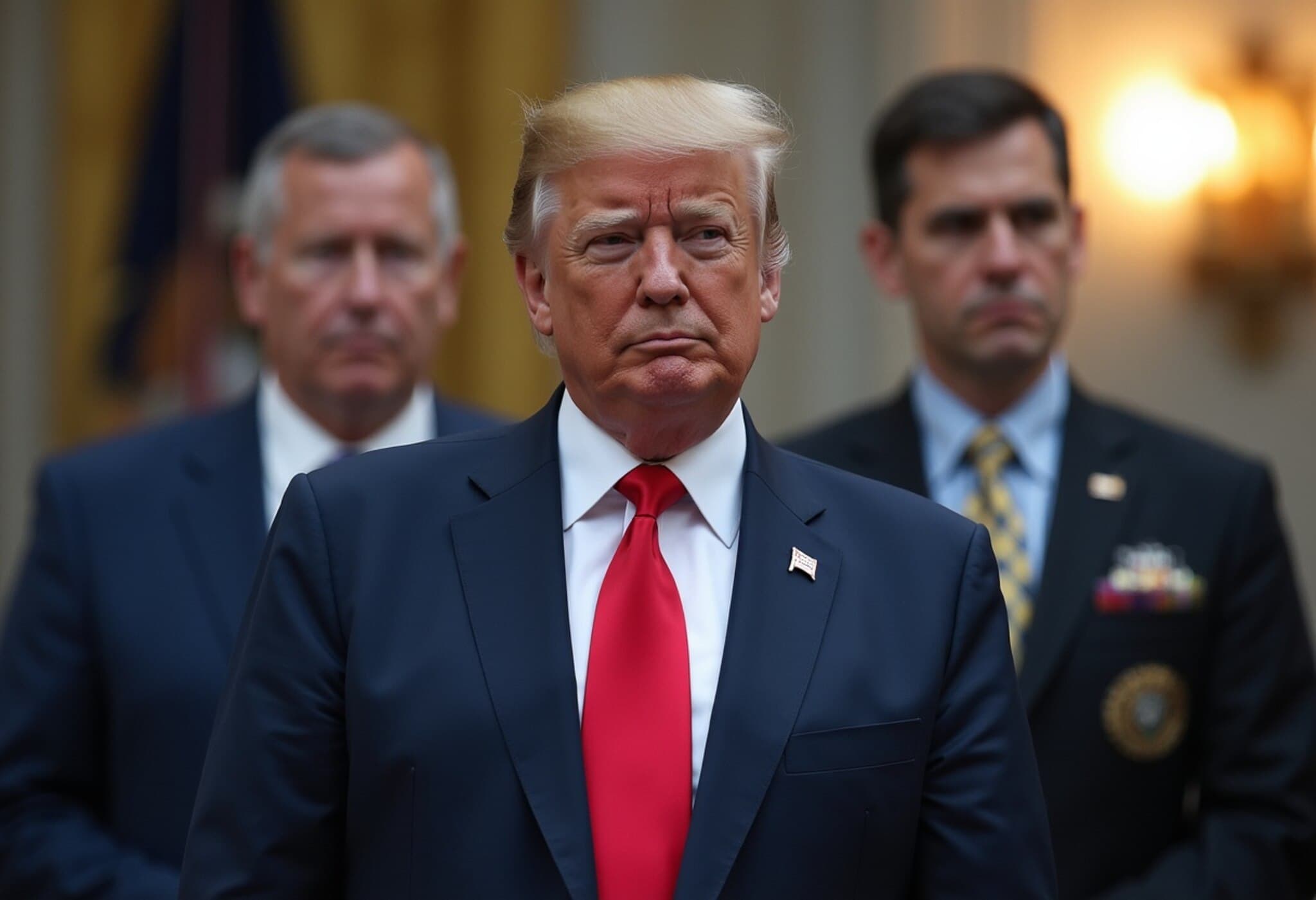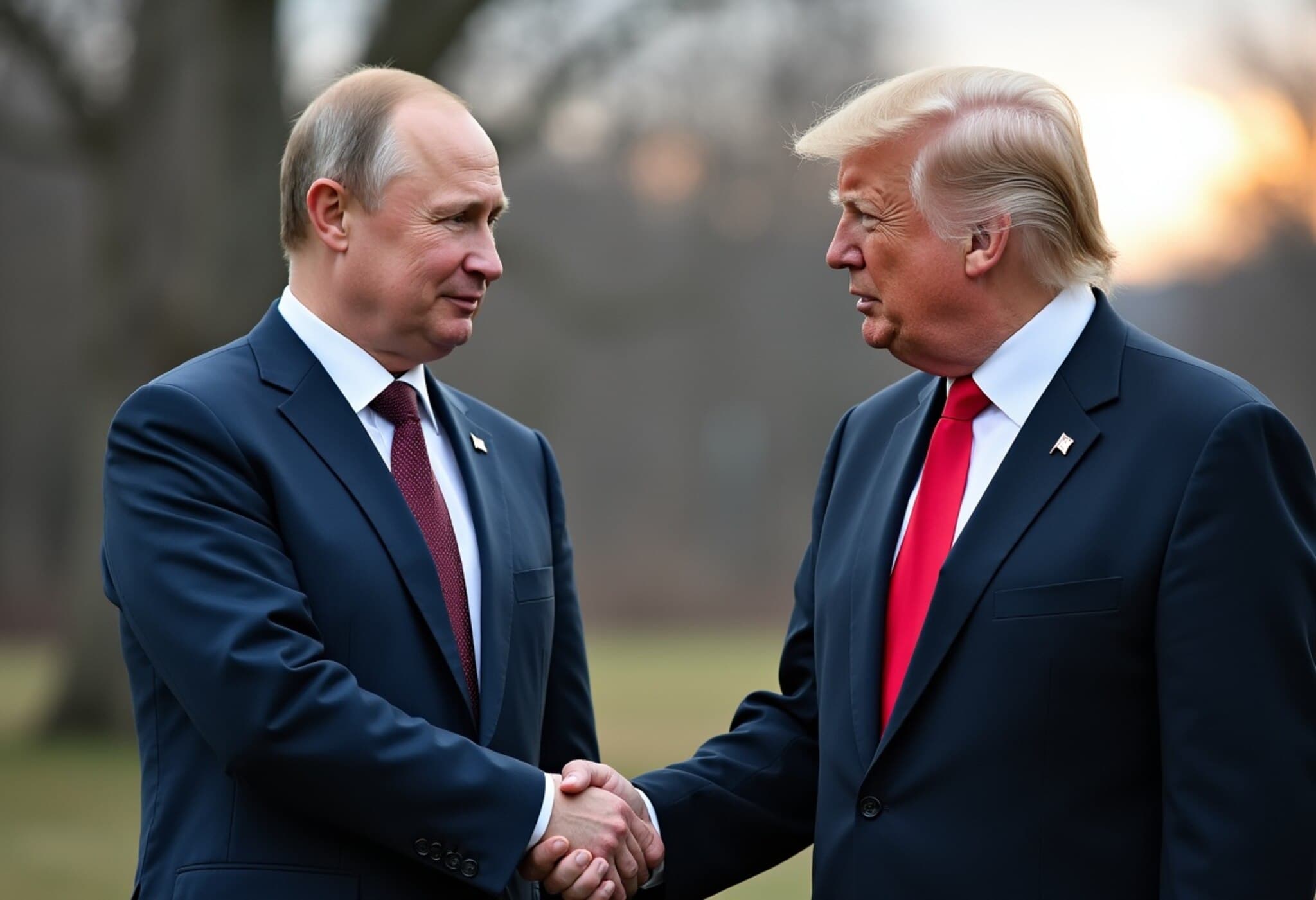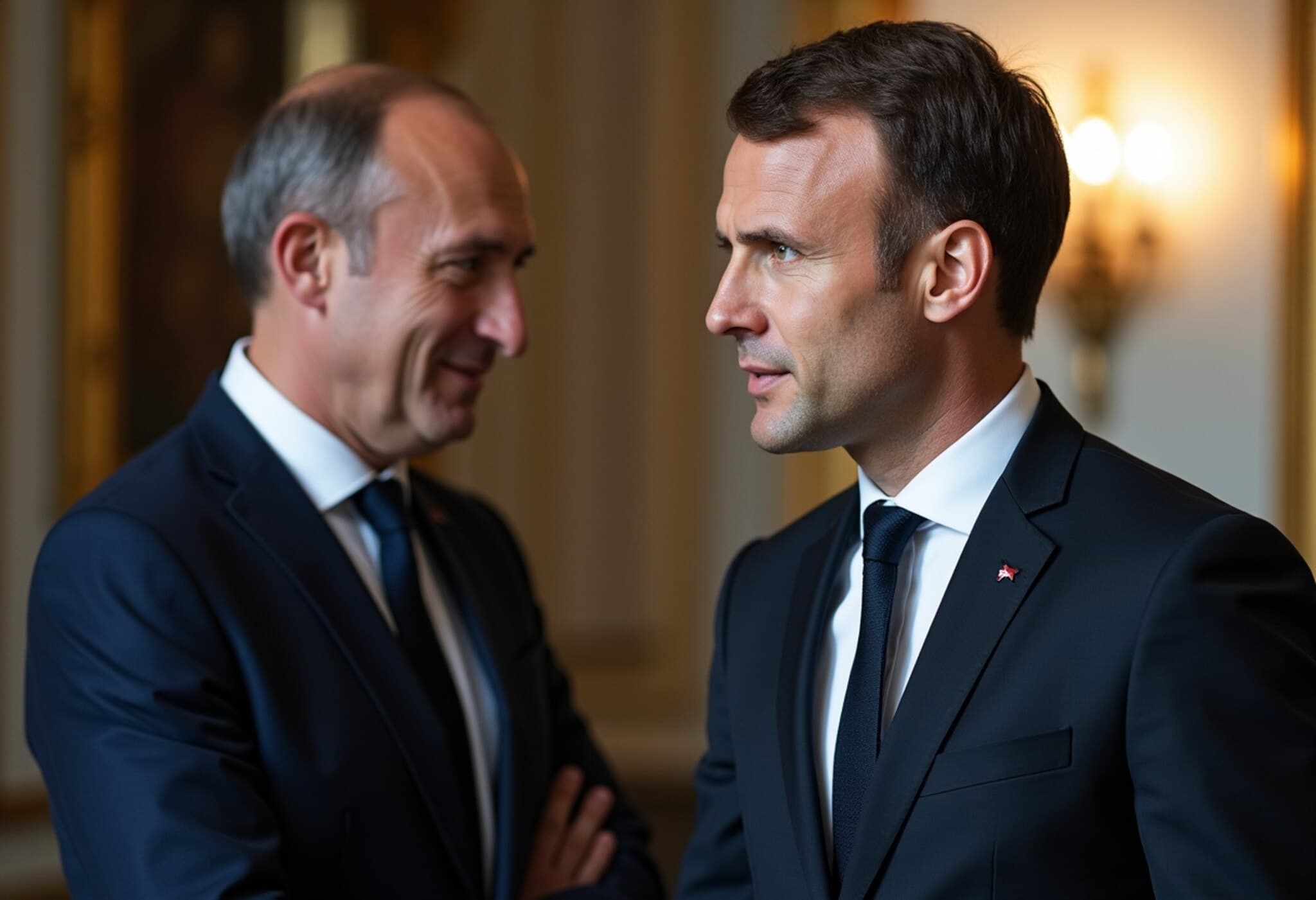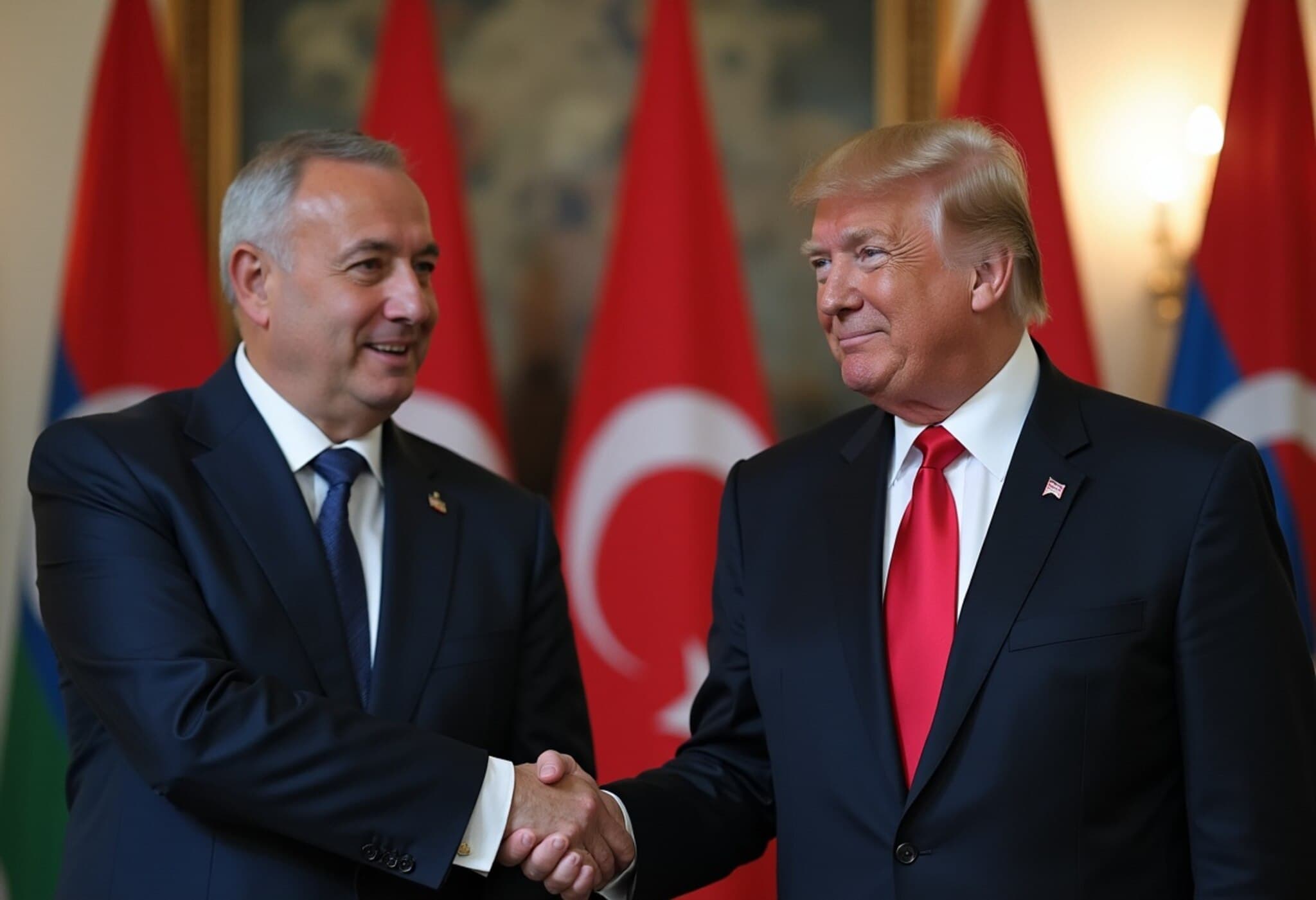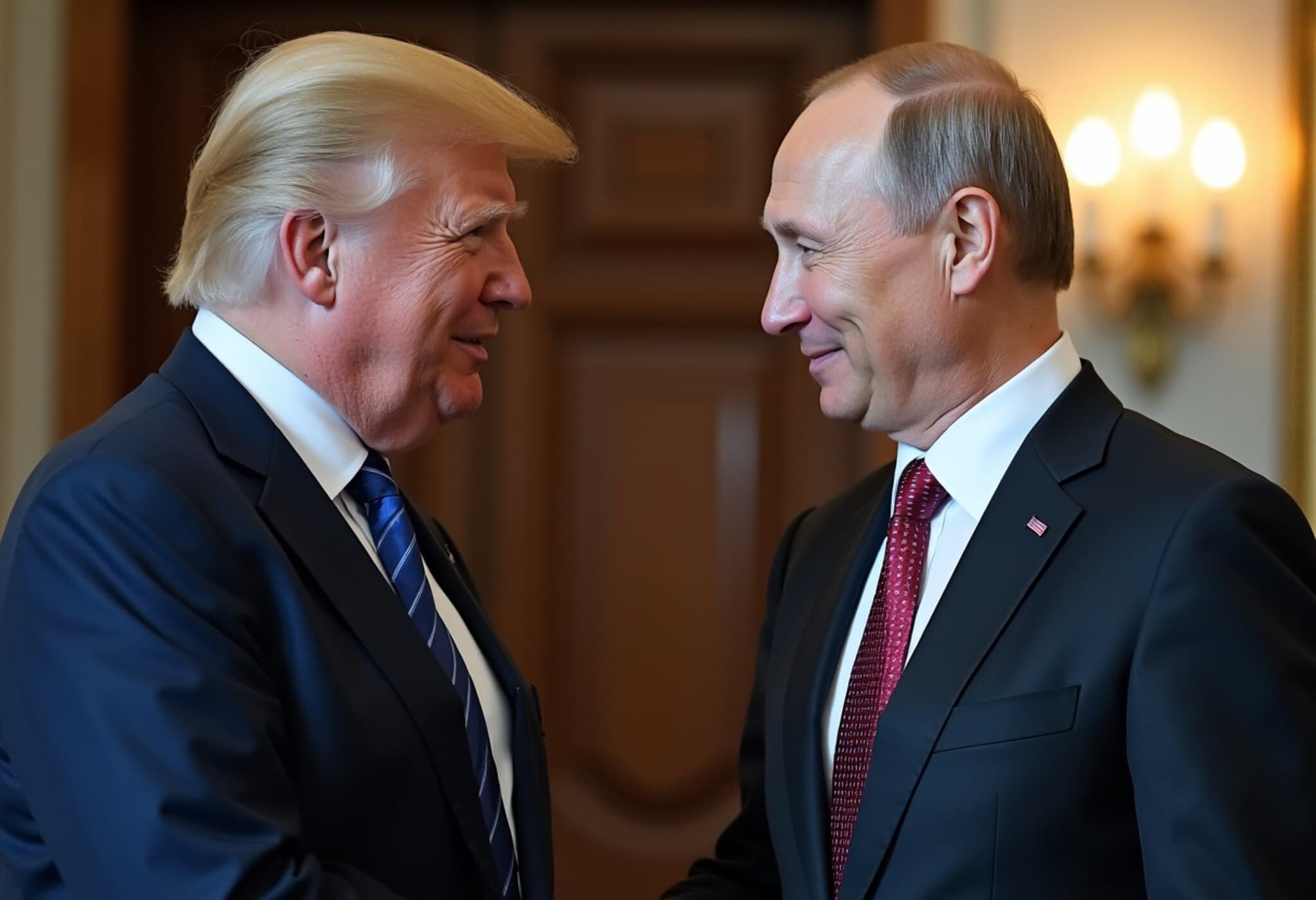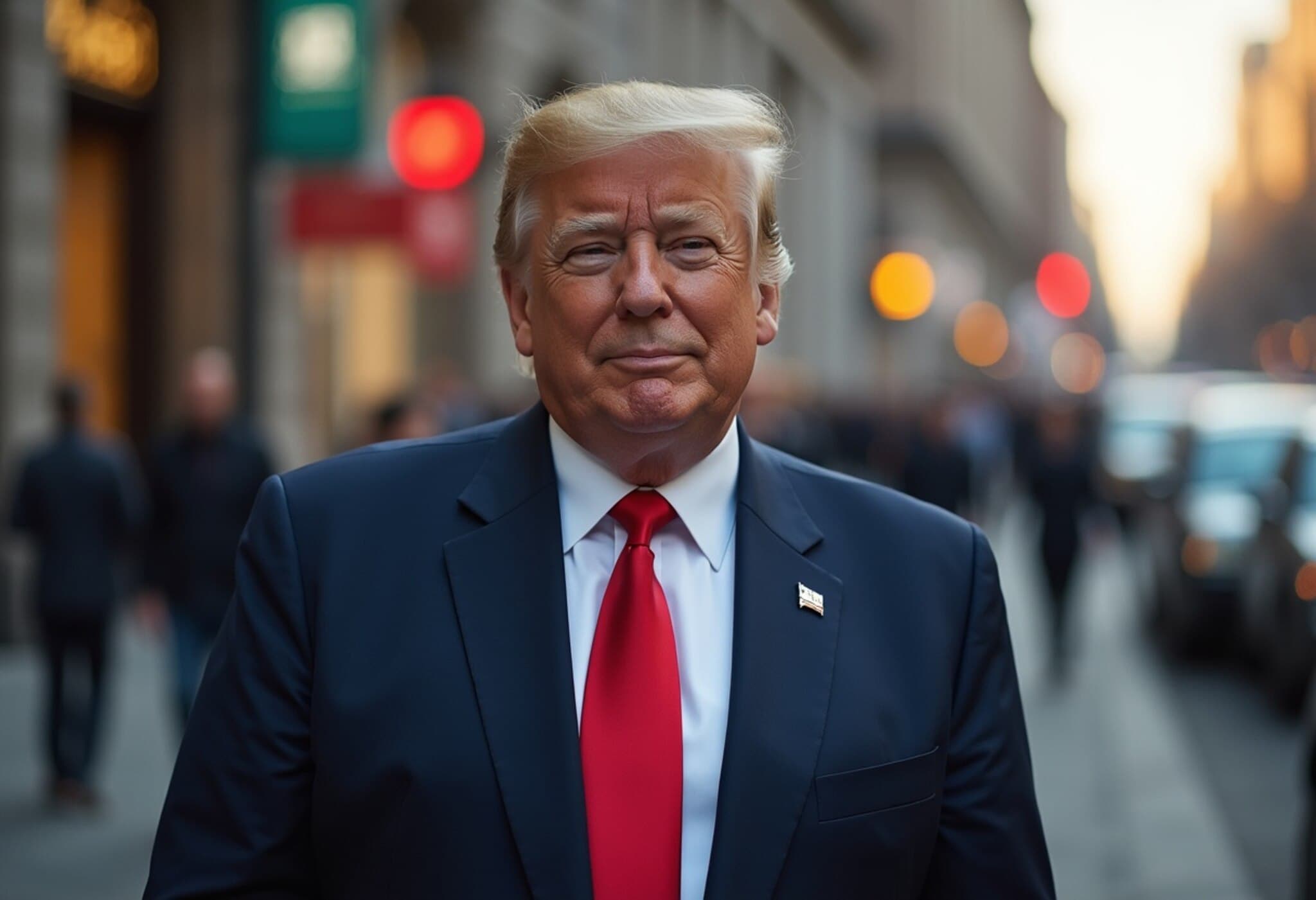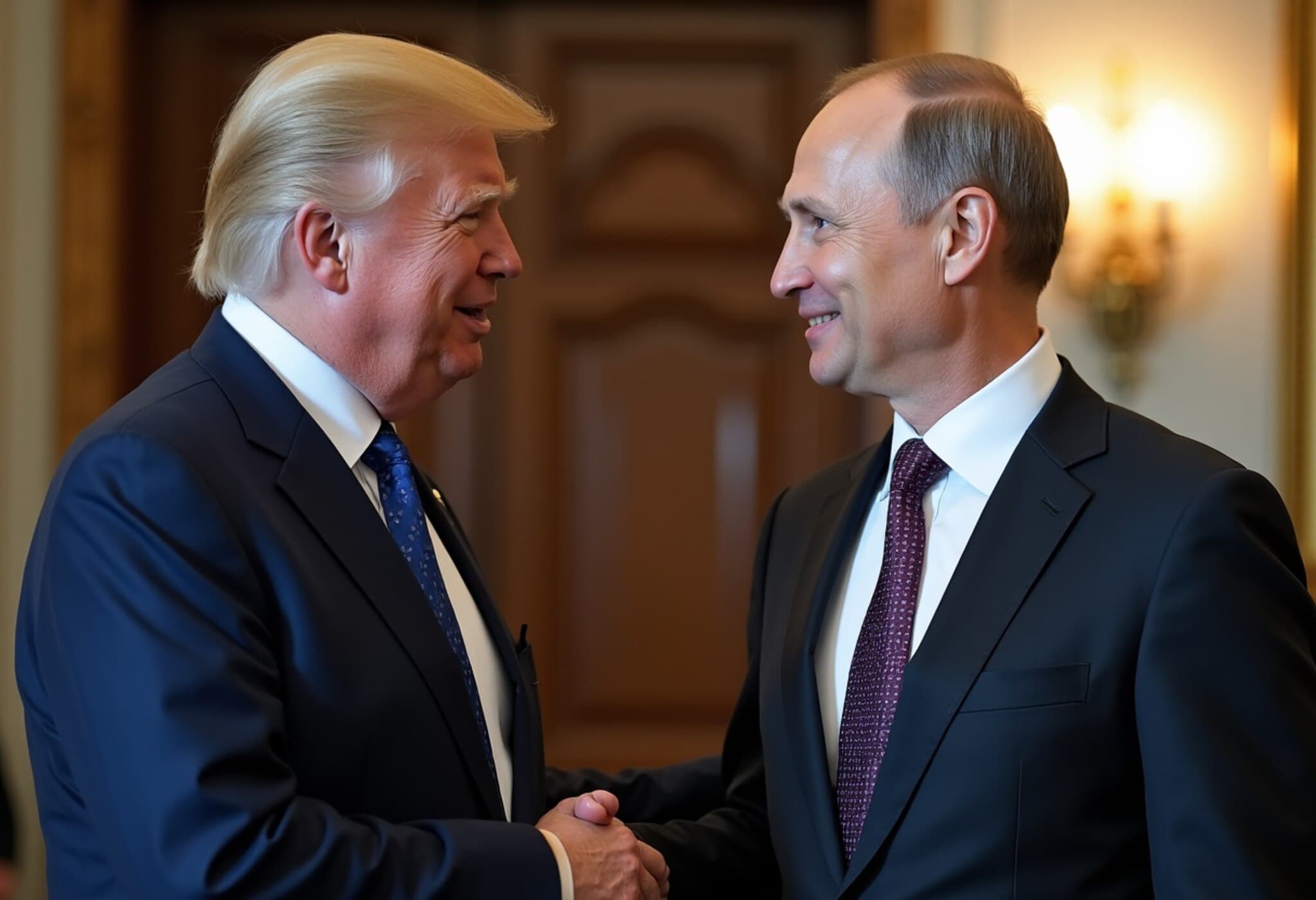European Leaders Firmly Oppose Ukraine Territorial Concessions in Russia Peace Talks
In a resolute display of unity, European leaders meeting in Washington on Monday rejected any notion that Ukraine should relinquish territory during peace negotiations with Russia. The consensus underscored a steadfast commitment to preserving Ukraine’s sovereignty and military capability as non-negotiable elements in any resolution of the conflict.
Strong Words from Macron and Merz: No Compromise on Ukraine's Defense
French President Emmanuel Macron emphasized that any prospective peace agreement must not impose constraints on the size or strength of Ukraine’s armed forces. Speaking after consultations at the White House, Macron said, “A peace accord cannot restrict the size of Kyiv’s military. Both former President Trump and European leaders agree on the importance of maintaining a robust Ukrainian army able to repel aggression without limitations on personnel or weaponry.”
German Chancellor Friedrich Merz delivered a vivid rebuke of Russia’s demand for Ukraine to cede control over the Donbass region. Comparing it to the absurdity of the United States surrendering Florida, Merz declared, “The Russian demand that Kyiv give up the free parts of Donbass corresponds, to put it bluntly, to a proposal for the United States to have to give up Florida.” His remarks underscored the untenability of Moscow’s territorial claims and the determination in Europe to uphold Ukraine’s territorial integrity.
High-Stakes Diplomacy: Trump, Putin, and Zelensky Call for Meetings Amid Skepticism
Adding a layer of complexity to the diplomatic landscape, Chancellor Merz disclosed that former U.S. President Donald Trump and Russian President Vladimir Putin had recently agreed to arrange a meeting with Ukrainian President Volodymyr Zelensky within the coming fortnight. This potential dialogue marks a tentative step towards de-escalating a conflict that has persisted for nearly four years.
Trump himself confirmed efforts to orchestrate a face-to-face summit. On his social platform, Trump stated, “I called President Putin, and began the arrangements for a meeting, at a location to be determined, between President Putin and President Zelensky.” He also outlined plans for a subsequent trilateral meeting including himself, reinforcing the role the U.S. may play as a mediator.
Sanctions as Leverage: Macron Signals Tougher Measures If Peace Efforts Stall
President Macron also warned that if Russia impedes the peace negotiations, Western nations are ready to escalate sanctions. Highlighting the efficacy of recent secondary sanctions on India, Macron remarked, “If at the end this process is met by refusal, we are also ready to say that we need to increase sanctions.” His statement serves as a clear message that economic pressure will remain a key tool to influence Moscow’s choices.
Regional and Global Implications: The Uncertainty Around Putin’s Commitment
Finnish President Alexander Stubb expressed skepticism regarding Putin’s sincerity in pursuing peace. “Putin is rarely to be trusted,” Stubb told reporters, questioning whether Russia’s leader would genuinely engage in direct talks or continue to use diplomacy as a stalling tactic.
This uncertainty mirrors broader concerns within the international community about the feasibility of a lasting peace deal. The situation holds profound implications for regional stability, NATO’s strategic calculations, and the Western commitment to supporting democratic nations against authoritarian pressures.
What’s Next?
- Verification if the proposed meeting between Putin and Zelensky occurs as scheduled.
- Potential shifts in Western sanctions policy depending on Russia’s cooperation.
- Monitoring the military developments in Ukraine to ensure any agreement does not erode its defense capabilities.
- Assessing the role of the U.S. as a mediator amid geopolitical complexities.
Editor’s Note
The unwavering stance of European leaders to protect Ukraine’s sovereignty comes at a pivotal moment in global diplomacy. While hopes for dialogue are cautiously embraced, lingering doubts about Russia’s true intentions and the durability of peace talks remain. This dynamic raises critical questions about the efficacy of sanctions, the challenges of negotiating with a distrustful adversary, and the long-term security architecture of Europe. Readers should consider how this evolving crisis reflects broader themes of power, sovereignty, and the quest for stability in a turbulent world.

